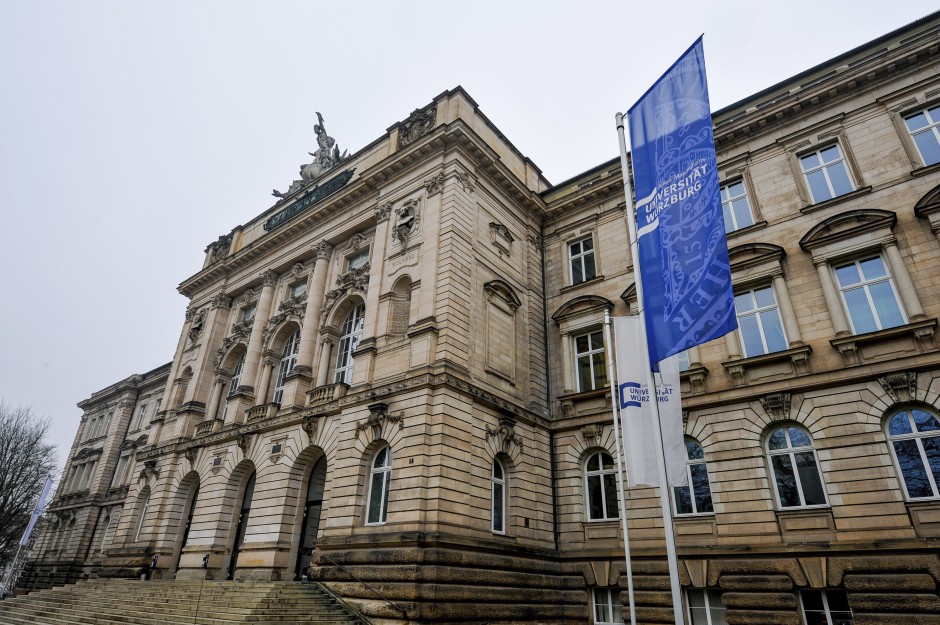
At the University of Würzburg, an alliance of three groups (left list, Greens, Volt) mobilizes against historian Benjamin Hasselhorn. The academic council is accused of publishing articles in the legal intellectual magazine “Sezession” more than ten years ago under a pseudonym.
In a decision by the student parliament, the university management is asked to comment against new rights structures at the chair of the historian Peter Hoeres, in which Hasselhorn is employed. Politicized courses and open contacts to right -wing extremists are claimed at the chair. In the same train, a rededication of teaching aids and the restructuring of teaching are required. Hasselhorn is asked to see his authorsis in the “Sezession” texts, in particular this affects an essay published in 2014 in which he demands a new elite rule that breaks with the majority principle. A meeting protocol indicates the goal of preventing Hasselhorn from continuing. The university management wants to examine the allegations. The result is pending.
Benjamin Hasselhorn has now granted his authorship on the pseudonym articles written. He relies on the fact that the magazine had not yet been under observation of the protection of the constitution at the time of its publications. Unlike the student group claims, he never turned into the democratic order.
Participation for democracy
Now the “Sezession” is known as the organ of the new right, it was founded by Hasselhorn's history teacher Karlheinz Weißmann and Götz Kubitschek and published by the Institute for State Policy in Schnellroda until last year. Right -wing radicals like Martin Sellner now operate among the authors. The incriminated essay of Hasselhorn entitled “Democracy from Right” does not show any anti -constitutional endeavors, nor, as is insinuated, a cancellation to the democratic basic order. Rather, Hasselhorn demands “a clear partisan for democracy” from the right – thus the opposite of what he was accused of, which arouses doubts as to whether the student groups have read or understood the text.
Hasselhorn states that he turned away from the magazine in 2014 when he observed political polarization there. Why Peter Hoeres, in whom Hasselhorn has been working for five years, for whose anonymous publications of more than ten years ago and where there are openly right -wing extremist contacts or new rights on the chair, is neither justified nor proven. Upon request, a representative of the student parliament refers to the university management, which is apparently supposed to make allegations that have previously been raised. No right -wing extremist contacts are known to the university management. When asked for the existence of new right structures, she refers to the student parliament. This is how the accusations in the circle are turning.
Now there is no clear requirement for how long earlier authorship can be charged. It is decisive for the service law whether Hasselhorn can be turned away from the democratic basic order. This is unlikely, if no new indications appear. The activists are free to reject Hasselhorn's thoughts and writings, they do not have a license to destroy his career or to defamate a chair holder. The university management grows from this a duty of care, which in the opinion of Hoeres has not fulfilled it. The affected person can result in reputation damage up to the forced end of the academic career from unjustified accusations. The chair employees reserve the right to take legal action.
In fact, the university management, which has been known for the allegations for almost a year, did not inform the chair before the student parliament turned to the media with its knowledge of media, with accusations that it could have long since been cleared up. It might have saved the students from a serious mistake.







